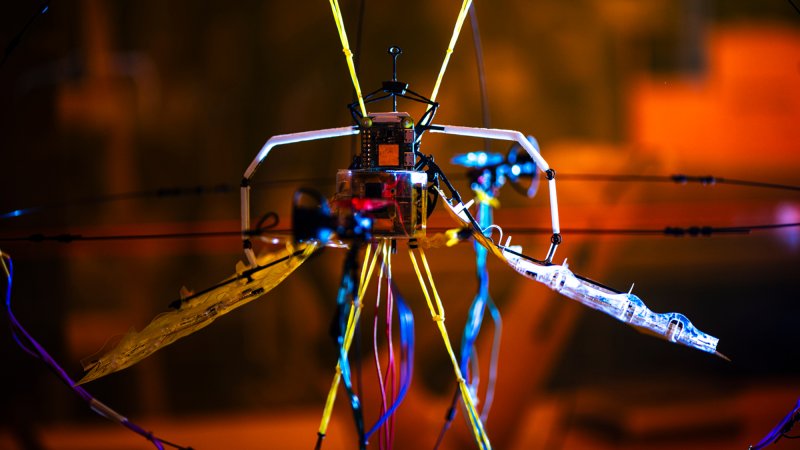Technology
Robots
The latest creations and innovations in automated machines.
Latest in Robots

Technology
Watch a robot operate on a pork loin

Technology
The latest creations and innovations in automated machines.
Breakthroughs, discoveries, and DIY tips sent every weekday.
By signing up you agree to our Terms of Service and Privacy Policy.